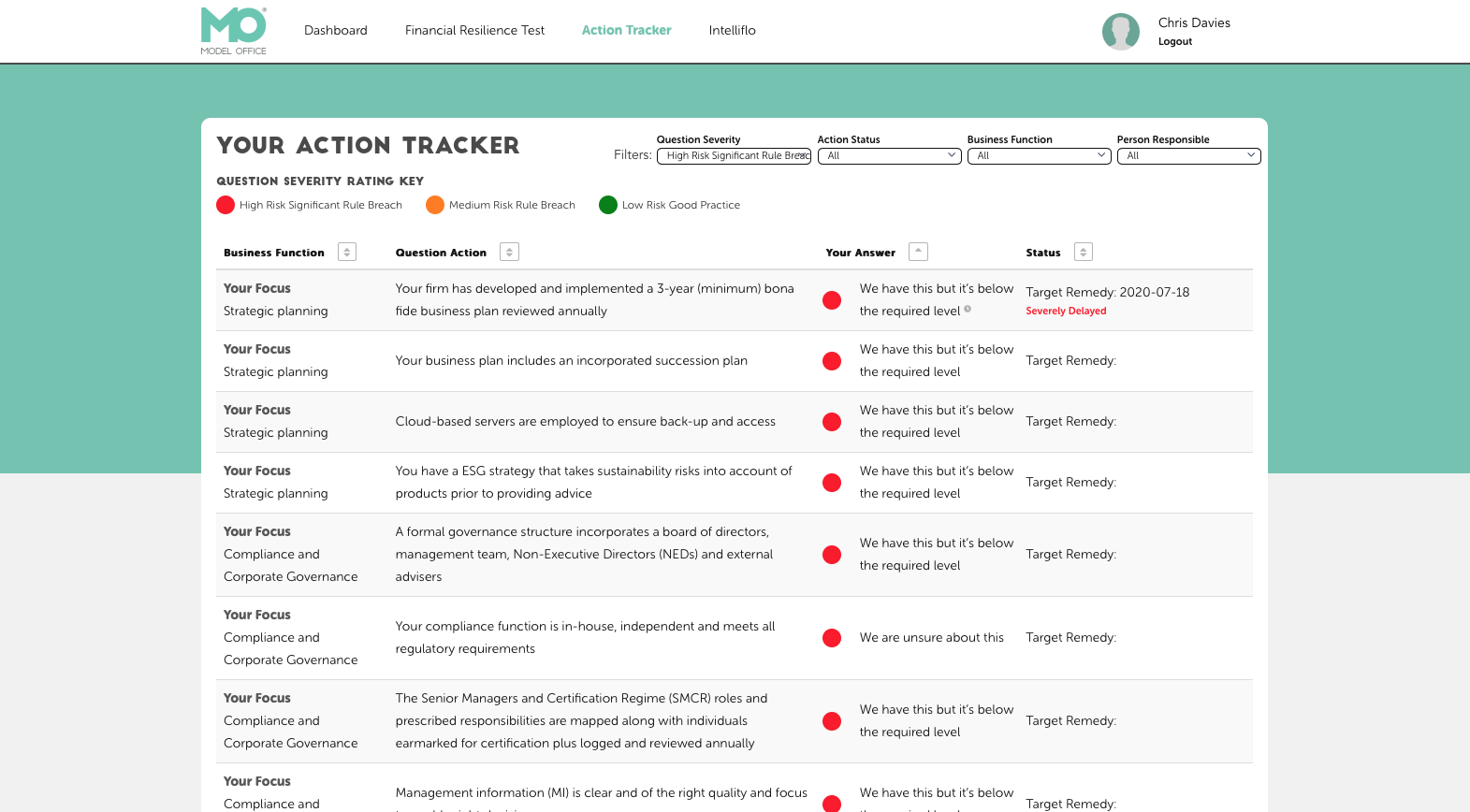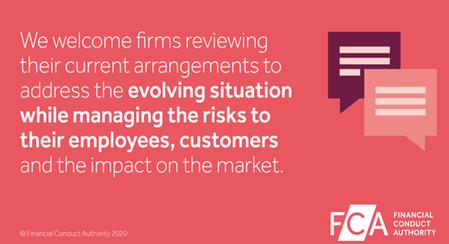- Examine your firm’s culture. At Model Office we benchmark your firm’s culture, conduct and competence against the rules and your peers so you know that you are meeting the FCA’s standards on suitability which essentially is all about culture. And although a recent piece of research from the regulator suggests that measuring your corporate culture may not be the magic solution many businesses hope for, implementing actions that move you towards a more compliant culture can only have positive effects.
- Part of this cultural overhaul may involve making compliance procedures more central to your processes. This might mean giving everyone accountability for compliance.
- Encourage greater collaboration between Marketing and Compliance. Often, people are tempted to shortcut the correct processes due to a desire to speed materials to market or avoid labour-intensive manual edits. Closer working between your Compliance team and Marketing – or other – teams producing promotional materials can help to create a clearer understanding of what’s acceptable and will be approved without the need for time-consuming revisions.
- Re-familiarise yourself with the FCA’s 6 consumer outcomes – many of which centre around suitability and fairness. Work towards meeting these and more suitable advice should be a natural result.
- Ensure your marketing and communications materials are a fair and accurate reflection of your products. For regulated firms, robust and consistent Compliance team reviews are central to this.
Mandating approvals before financial promotions are published will reduce the changes of non-compliant materials reaching the market.
Some firms have found that introducing an element of automation can help here, making the Compliance approval process non-negotiable as well as simpler, faster and more robust. - Keep control of your financial promotions. Sign-off is essential, but when it comes to having rigour around your marketing activity, it’s not the whole story. If a ‘rogue’ advert or promotion is issued by mistake, are your processes geared up to respond?
Please click the below icon link to MO®'s #RegTech platform and learn more about MO® today..










